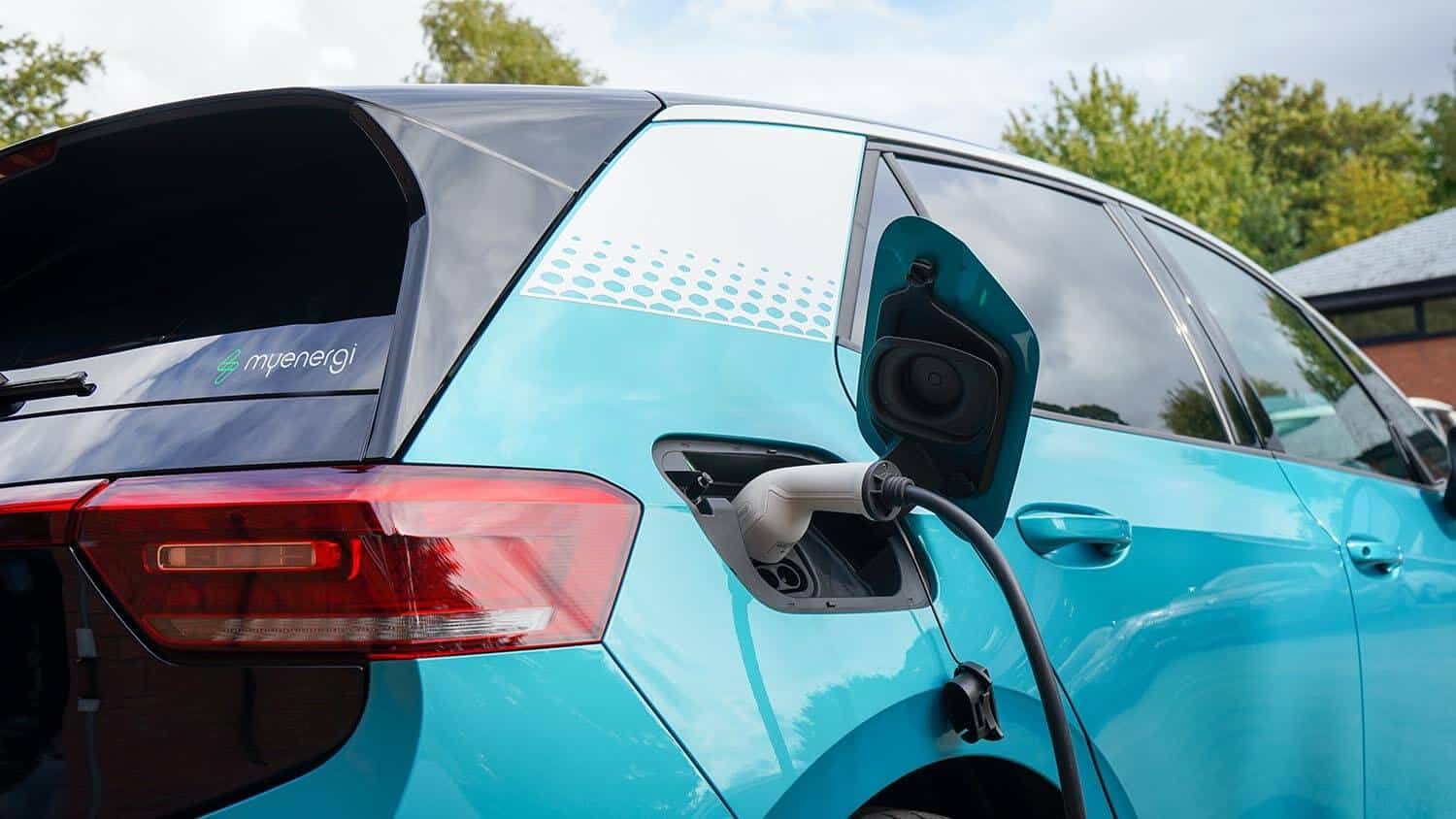Image Credit – Michael Fousert
The European Union (EU) is planning to impose penalties on companies that make false or misleading claims about the environmental benefits of their products and services in an attempt to combat corporate greenwashing, according to leaked draft legislation seen by European news website EURACTIV.1
The proposal, set to be tabled by the European Commission in the coming weeks, aims to provide consumers with more accurate information about the products they purchase. The draft law states that almost half (40%) of environmental claims made about products are unsubstantiated.2 EU member states will be responsible for setting up a system of verification for environmental claims and enforcing penalties on offenders. These penalties should be “effective, proportionate and dissuasive,” according to the draft.3
The draft document aims to fight misleading environmental advertisements and ensure that companies are held accountable for the green claims they make. Greenwashing can take many forms, such as exaggerating the environmental benefits of a product or using vague and undefined terms such as “green,” “climate neutral,” or “containing recycled materials” without providing substantial evidence.4 These claims can be made in advertising, marketing, or public relations materials.
One notable example of greenwashing is the emissions scandal that plagued Volkswagen in 2015, when the US Environmental Protection Agency (EPA) revealed that Volkswagen had installed software in certain diesel vehicles that enabled them to pass emissions tests while emitting excessive levels of nitrogen oxide (NOx) during normal driving conditions.5 This was happening while Volkswagen was marketing their vehicles as low-emissions and eco-friendly. However, these engines were emitting up to 40 times the allowed limit for nitrogen oxide pollutants.6
Ultimately, the goal of greenwashing is to make a product or company appear more environmentally friendly than it actually is in order to increase sales or improve its reputation. Companies who engage in this practice not only risk undermining trust in sustainability claims and misleading consumers and investors that are genuinely seeking environmental products, but also risk damaging their own reputations.
While the new EU law will help to deter greenwashing, there are other measures that companies can take to avoid getting caught in greenwashing accusations.
Transparency and Honesty
Increased transparency helps to establish a foundation of trust and credibility with consumers, regulators, and other stakeholders. This could be conveyed through allowing third-party validation of a company’s results. When a company is transparent about its environmental practices, it is more likely to be held accountable for its actions and can more easily demonstrate its commitment to sustainability.7
If a company does become accused of greenwashing, being honest and taking responsibility can help to minimise the negative impact on the company’s reputation and brand. It is important for a company to address the issue head-on and take steps to rectify the problem. By acknowledging the accusations and taking responsibility for any mistakes, the company can demonstrate its commitment to transparency and honesty, which can help to rebuild trust with consumers, regulators, and other stakeholders. Further, by responding quickly and effectively, a company can limit the damage to its reputation and prevent the issue from escalating.8
Credibility and Concrete Data
Companies should also be detailed and credible in their sustainability claims, for example, providing simple and measurable details about the actions they are taking to be more environmentally friendly.9 Rather than making general pledges, companies should take concrete actions to reduce their impact on the environment, which could be conveyed through announcing a clear and transparent net zero target and providing details on how they plan to achieve it over time. Another important aspect is to set science-based sustainability targets, this means that the company must use data and research to identify the specific areas where they can make the biggest impact.10
Ultimately, companies can avoid being accused of greenwashing and demonstrate a genuine commitment to sustainability. Transparency, openness, and honesty with all stakeholders, including consumers, employees, and investors, can help to build trust and prevent negative consequences in the future.
The new EU regulation can help to create a level playing field for businesses when it comes to marketing their environmental initiatives, however, it is important to note that the draft document could still change before it is published.
References
1. Euractiv, 20 January 2023. Leak: EU to slap penalties on companies making false green claims. Available at https://www.euractiv.com/section/energy-environment/news/leak-eu-to-slap-penalties-on-companies-making-false-green-claims/ [accessed 25/01/23]
2. Euractiv, 20 January 2023. Leak: EU to slap penalties on companies making false green claims.
3. Euractiv, 20 January 2023. Leak: EU to slap penalties on companies making false green claims.
4. Green Business Bureau, 16 December 2021. The Seven Sins of Greenwashing. Available at https://greenbusinessbureau.com/green-practices/the-seven-sins-of-greenwashing/ [accessed 25/01/23]
5. The Economist, 26 September 2016. A Mucky Business. Available at https://www.economist.com/briefing/2015/09/26/a-mucky-business [accessed 25/01/23]
6. BBC News, 10 December 2015. Volkswagen: The Scandal explained. Available at https://www.bbc.co.uk/news/business-34324772 [accessed 25/01/23]
7. De Jong, M. D. T., Huluba, G., & Beldad, A. D. 2020. Different Shades of Greenwashing: Consumers’ Reactions to Environmental Lies, Half-Lies, and Organizations Taking Credit for Following Legal Obligations. Journal of Business and Technical Communication, 34(1), 38–76, pp. 66. Available at https://doi.org/10.1177/1050651919874105 [accessed 25/01/23]
8. Business News Daily, January 23, 2023. What is Greenwashing? Available at https://www.businessnewsdaily.com/10946-greenwashing.html [accessed 25/01/23]
9. Gov.UK, Competition & Markets Authority, 20 September 2021. Guidance: Making environmental claims on goods and services. Available at https://www.gov.uk/government/publications/green-claims-code-making-environmental-claims/environmental-claims-on-goods-and-services [accessed 25/01/23]
10. World Economic Forum, 16 November 2022. 5 ways to tackle greenwashing according to UN experts. Available at https://www.weforum.org/agenda/2022/11/greenwashing-stop-report-un-experts/ [accessed 25/01/23]

25/01/2023





